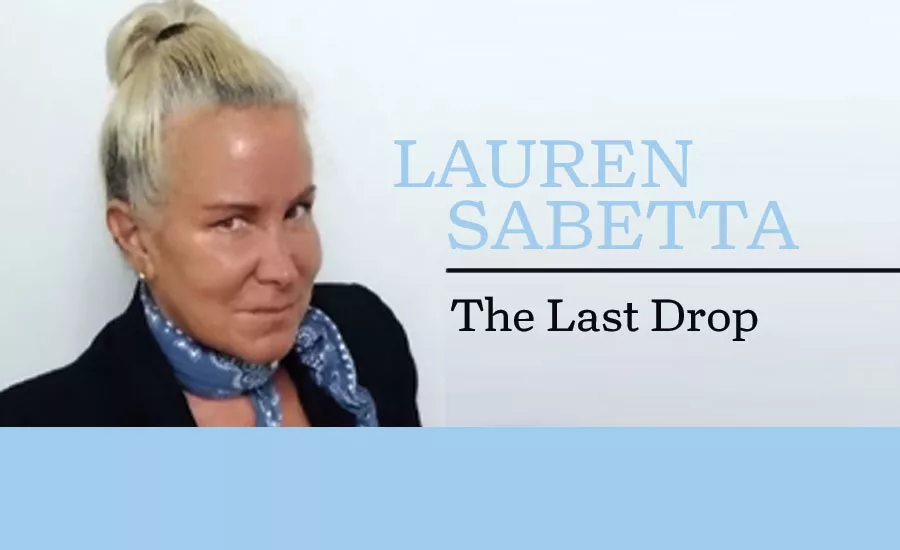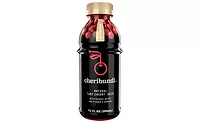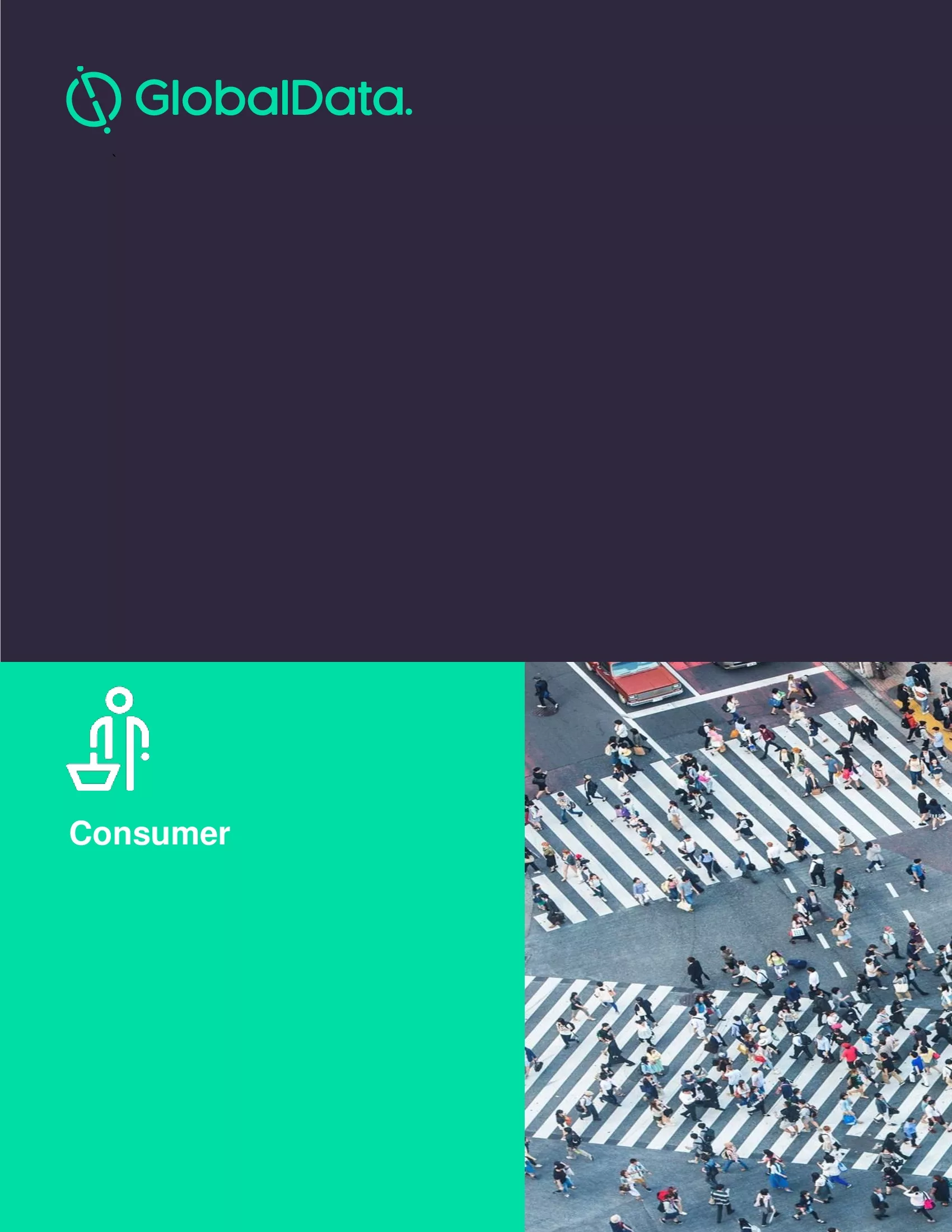Last Drop
Specialty NFT marketplaces aid consumers eager to invest, trade
NFTs help beverage brands introduce new ways of selling, engaging with consumers

As non-fungible tokens (NFTs) command ever-higher sums, “with some NFTs going for over $60 million,” beverage brands also are increasingly playing in the NFT space, according to London-based IWSR Drinks Market Analysis’ “The emergence of alcohol-branded NFTs.”
Despite consumer education remaining relatively low, “brands are steadily entering the market; the likes of Prada, Gucci, D&G and McDonald’s all want in, drawn by NFTs’ edgy image and dedicated following,” it says.
When it comes to beverage alcohol, NFTs so far seem to fall into two main categories: “NFTs as a different way of selling physical bottles, and NFTs as a way of selling something intangible,” noted Guy Wolfe, strategic insights manager at IWSR Drinks Market Analysis.
“For brand owners selling NFTs, the actual bottles can remain stored in a cellar in perfect conditions and only shipped to the buyer when they request it. This allows for much easier resale, as the rights to the bottle can be sold while the actual product stays exactly where it is ― useful for high-value items that need special storage conditions,” Wolfe explained.
Additionally, in some cases, NFTs are being released for products that haven’t even been made yet, IWSR notes.
“Pinned to particular harvests, or even individual plants and crops to be harvested at a particular date, many drinks brands are marketing their NFTs on speculative value increases for these products as anticipation of their launch builds,” it states. In some cases, brands are able to sell an NFT for a future harvest upfront, realizing revenue for a product that hasn't fully matured, it adds.
Moreover, NFT marketplaces specializing in alcohol have started to come to market as well, IWSR says. These marketplace sites make it easier for consumers interested in limited-collection bottles or status spirits to invest in and trade NFTs.
For example, Party Horses, a collection of 10,000 NFTs on the Ethereum Mainnet, recently announced that Maker’s Mark will be its official bourbon partner for 2022 and supply limited-edition Party Horses commemorative labels to 1,000 early adopters. The first digital event occurred March 1, when a list of 2,000 early adopters were able to pre-mint, granting whitelist access. Ten-thousand Party Horses were minted two weeks later, on March 15. Additionally, NFT holders are able to access exclusive events, like an exclusive pre-Derby concert featuring a Grammy award-winning artist and more.
In the case of using NFTs as a way of selling something intangible, brand owners have a new way to engage with consumers, IWSR notes.
“With the use case for NFTs expanding, these digital assets are introducing more consumers to a new era of the digital world ― the metaverse,” it states. “While still at early stages of development, brands are using the metaverse to experiment with new ways of connecting with consumers.”
Looking for a reprint of this article?
From high-res PDFs to custom plaques, order your copy today!





